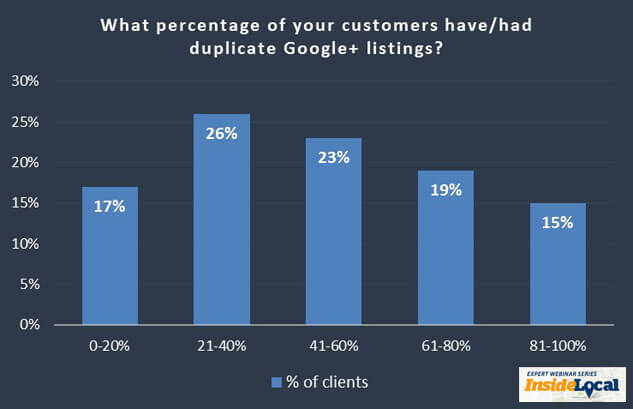13
Local Listing Rankings in SEO

Do you ever wonder how search engines think? How Google decides where to rank your practice on Google Maps? Well, we have the answer; RankBrain. RankBrain is an “artificial intelligence” that attempts to mimic the way humans think. In a digital world where things are changing at lightning speed, search engines are designed to give the best results to the user. It is rumored that there are over 3000 signals that go into a local ranking algorithm (i.e. Google Maps). There are two key factors in local rankings: listing accuracy and reviews.
How Listing Accuracy Affects Rankings:
Accurate and consistent listing information, including your practice name, local address and phone number (NAP), website, pictures, and practice hours, all help establish you as a credible business in the eyes of local search engines. The consistency of your NAP (Name, Address, Phone Number) across all data sources is one of the most important factors for ranking well in local search. For example, if your practice calls itself “Main Street Ortho” in one place and “Main Street Orthodontist” in another place, there is a chance that the search engine might see your practice as two separate businesses, causing duplicate entries. The consistency of data published about your practice across the web influences the trust search engines have in the validity of your practice.
In 2015, Moz conducted a survey on local search ranking factors. In the survey, Moz asked participants to assign a percentage of influence to each of the eight thematic clusters of ranking factors. Listing management signals combined received an influence of 68.6%.
The world of business listings is a complex one due to the variety of sources involved in the process. It can be illustrated by a survey from Inside Local back in 2014, seen below, where they asked agencies about the cause of ranking issues. Listing inaccuracy and duplicates made up 68% of the issues affecting local businesses.

Source: Search Engine Land
Key Findings Include:
- Inconsistent citation and NAP data is the most common issue
- Duplicate Google Places/+Local listings are the second most common
- Google Places guideline violations are the least common issue
How Reviews Affect Rankings:
Search engines also use reviews to assess the activity levels of physical locations. It acknowledges how “popular” a business is offline. First, quantity is assessed, then quality.
Review Signals contribute to 8.4% of the ranking algorithm in Moz’s local search ranking factor survey. That means review quality and review quantity play a big factor in determining where each location shows up in search results. You can see why Google Review’s play such an important part in your online presence here.
How To Manage All Of This Activity:
Managing all of this data and activity can be overwhelming. Instead of taking this on as a full time job, there are platforms like Yext, Whitespark, or Moz Local that can report inaccurate listings, duplicate listings, picture monitoring, and the reputation for each of your practice locations.
What Sesame Can Do For You:
As part of the Sesame SEO service, we provide you with assistance on how to claim and clean up your listings across the web with a focus on Google My Business, Yelp, Yellow Pages and Facebook. You can learn more about citation management by checking out our YouTube channel.
